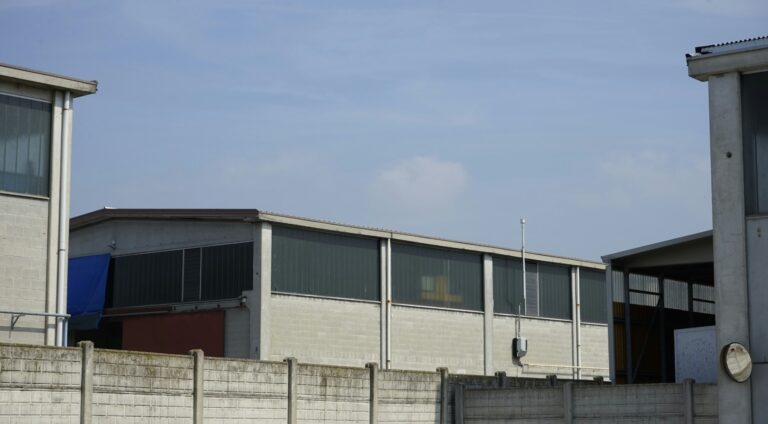Mormon Sexual Abuse – What You Need to Know
Experiencing or hearing about sexual abuse within the Mormon church, officially referred to as the Church of Jesus Christ of Latter-day Saints or LDS, is deeply unsettling. Survivors often face immense barriers when seeking justice, including cultural pressures to remain silent, systemic failures within the church, and legal obstacles. At Crew Janci, we are dedicated to supporting survivors, empowering them to seek justice, and holding institutions accountable. This article explores the complexities of Mormon sexual abuse, detailing where it happens, who the perpetrators are, and what legal options survivors have.
Understanding Mormon Sexual Abuse
The culture and structure of the LDS Church can sometimes create situations where abuse can occur and go unreported. Members are taught to trust and obey church leaders, making it difficult to challenge inappropriate behavior. Clergy-penitent privilege laws further complicate reporting, as confessions made to religious leaders often remain confidential. Additionally, the church’s internal processes often prioritize its reputation, leaving survivors without the support and justice they deserve.
Institutional Cover-Ups and Legal Challenges in the LDS Church
Sexual abuse within religious institutions, such as the Church of Jesus Christ of Latter-day Saints, is not only devastating for survivors but is often compounded by systemic failures to protect survivors and hold perpetrators accountable. The cultures of secrecy, hierarchical leadership structures, and internal handling of abuse allegations create significant barriers for survivors seeking justice.
The LDS Church: A Pattern of Concealment and Institutional Failures
The LDS Church has been at the center of numerous sexual abuse scandals, often involving leaders who exploited their authority and a system that protected them rather than the survivors. Key challenges in holding the church accountable include:
- Clergy-Penitent Privilege: One of the most significant legal roadblocks to justice is the church’s use of clergy-penitent privilege laws, which allow church leaders to withhold information about confessed abuse. A high-profile case involving Paul Adams, who admitted to sexually abusing his daughter, exposed this issue. His bishop did not report the abuse, citing religious confidentiality—allowing Adams’ abuse to continue unchecked.
- Internal Handling of Abuse Allegations: Instead of immediately reporting abuse to law enforcement, the LDS Church has a pattern of directing complaints through internal channels such as the Church’s Help Line, operated by Kirton McConkie, its legal firm. While this hotline is supposed to assist survivors, reports indicate that it often serves to protect the church from liability rather than ensuring justice for survivors.
- Silencing and Intimidation: Survivors and their families often face intense pressure to remain silent about abuse, with some being told that speaking out would damage the reputation of the church or their standing within the community. Investigative reports from The Salt Lake Tribune have documented cases where church officials discouraged families from going to the police.
Common Types of Abuse Cases
Many survivors within the LDS Church have shared different experiences of abuse, including:
- Child sexual abuse, which is prevalent and often occurs during church-sponsored activities such as youth camps, Scouting programs, and Sunday School.
- Abuse by leaders and older participants who are given unchecked authority and frequently target younger members.
- Cases where the church fails to report abuse to law enforcement, choosing instead to handle allegations internally, allowing perpetrators to face minimal consequences.
- Situations where survivors and their families are pressured to remain silent or settle claims privately, prioritizing the church’s reputation over survivors’ well-being.
Where Does the Abuse Happen?
Sexual abuse within LDS community often occurs in isolated settings where perpetrators can take advantage of survivors without oversight. Common locations include:
- Private one-on-one clergy meetings: A common practice in LDS communities, often involving bishops interviewing minors behind closed doors. These unmonitored interactions create opportunities for abuse and coercion, as survivors may feel powerless to speak out against an authority figure.
- Church-sponsored youth programs: Activities such as scouting, mission trips, and summer camps frequently place children in unsupervised situations with adults. These settings, meant to foster community and spiritual growth, can instead become environments where abusers exploit their influence.
- Boarding schools and residential facilities: Many faith-based schools operate with minimal external oversight, isolating students from outside support systems. Survivors often report that the insular nature of these institutions discourages speaking out about abuse, as administrators prioritize protecting the institution’s reputation over student safety.
- Family homes: In tightly-knit religious communities, reporting abuse within the home can be especially challenging. Religious teachings emphasizing obedience and forgiveness may pressure survivors to remain silent, preventing accountability for abusers who use faith as a means of control.
Legal Rights and Seeking Justice
Survivors of sexual abuse within the LDS Church have important legal rights and deserve compassionate support and options for seeking justice. State and federal laws provide protections and avenues for holding both individuals and institutions accountable. Civil lawsuits may allow survivors to seek justice and financial compensation for the trauma and harm they have suffered, while also promoting accountability and preventing future abuse.
Changes in statute of limitations laws in some states, such as New York’s Child Victims Act as reported by Time Magazine, have opened opportunities for some survivors to pursue legal action, holding institutions accountable for past abuse. Crew Janci LLP’s experienced legal team offers a trauma-informed support model to survivors, guiding them through every step of the legal process and advocating for their rights.
Resources for Survivors
Seeking support after experiencing sexual abuse is an essential step toward healing. The following resources provide legal, emotional, and advocacy support for survivors:
- Crew Janci LLP – Our firm specializes in representing survivors of institutional abuse. We offer confidential consultations and legal representation to help survivors seek justice. Contact us here.
- RAINN (Rape, Abuse & Incest National Network) – The largest anti-sexual violence organization in the U.S., offering confidential support via the National Sexual Assault Hotline: 1-800-656-HOPE or www.rainn.org.
- SNAP (Survivors Network of those Abused by Priests) – A support group for those affected by institutional abuse, including religious organizations: www.snapnetwork.org.
- The National Center for Victims of Crime – Provides resources, legal information, and advocacy support for survivors of sexual abuse: www.victimsofcrime.org.
- Therapy and Counseling Services – Seeking professional help from a licensed therapist who specializes in trauma and abuse recovery can be invaluable. The Psychology Today therapist directory can help locate support in your area.
Crew Janci LLP is committed to representing survivors and working toward holding religious institutions accountable. If you or a loved one has been affected, reaching out for a confidential consultation may be the first step toward justice and healing.
Reach Out Today
While sexual abuse within the LDS Church presents difficult challenges, there is hope for change and healing. Survivors often face significant barriers to justice, but with the support of experienced advocates, accountability and change are possible. By amplifying survivors’ voices and demanding transparency, we can help create safer communities and ensure that no one suffers in silence. If you or a loved one has experienced abuse, contact Crew Janci LLP for compassionate legal support.
Contact us in Oregon today!
9755 SW Barnes Road, Suite 430, Portland, Oregon 97225
(888) 407-0224
info@crewjanci.com
For any questions, Submit Our Confidential Form.
Empowering Change
Related Resources
are here to guide and empower you or someone you care about.
Don’t face this alone.































